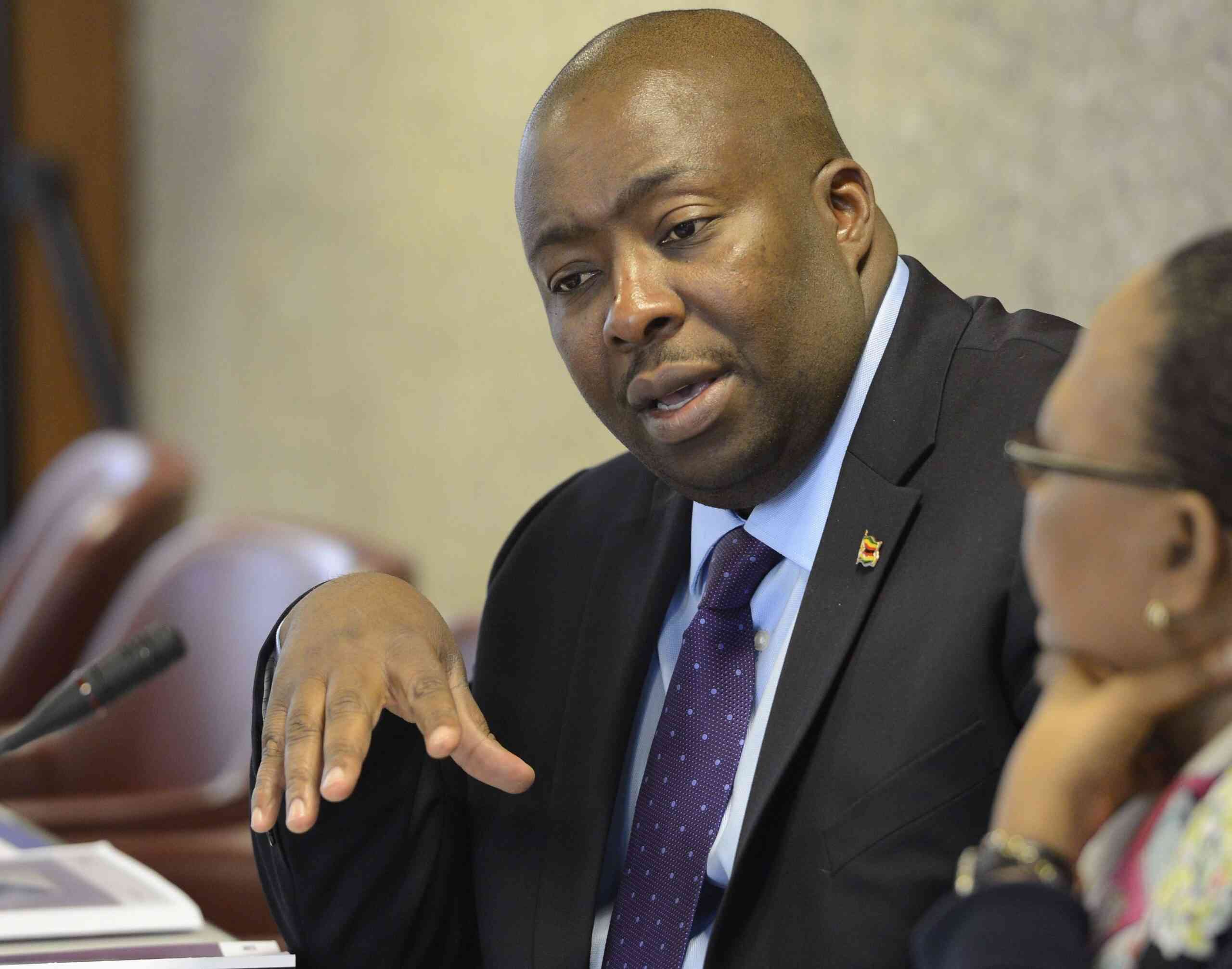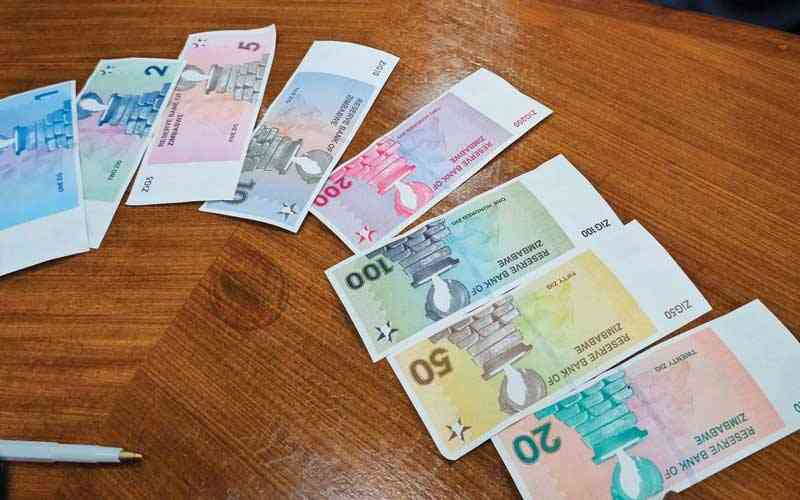
Exiled former Zanu PF commissar Saviour Kasukuwere’s movement has indicated that it is considering challenging in court President Ememrson Mnangagwa’s move to hide procurement processes by state owned enterprises.
Mnangagwa on Friday decreed that over 20 state-owned companies will no longer be bound by the Public Procurement and Disposal of Public Assets Act, which forces government entities to go through the Procurement Regulatory Authority of Zimbabwe to pay for goods and services.
The companies that include Zesa, TelOne, POSB, Zupco, Netone, Powertel, Air Zimbabwe, Hwange Colliery Company, Cottco and Air Zimbabwe have been taken over by the recent renamed Mutapa Soverign Wealth.
Kasukuwere, who was barred from challenging Mnangagwa in last month’s presidential elections on account that he had lived out of the country for more than 18 months, said the regulations meant that the companies were now vulnerable to abuse.
“Any country that wishes to maximize benefits from its assets and resources in a responsible manner and is also serious about accountability and transparency, therefore, needs to ensure that it has the appropriate laws, policies and regulations in place to safeguard such public assets and resources from fraud and abuse,” his movement said in a statement yesterday.
“The exemption of any state entity from this Act not only indicates a profound disregard for the interests of citizens at large and the rule of law, but also shows an abhorrence of any accountability or transparency by the president.
“The negative implications of such a move are numerous and mean that those assets clandestinely transferred into the Mutapa Fund are now subject to gross abuse and looting without public disclosure.”
He said the exemptions meantthere would be no obligation by the government to follow due processes in the procurement of goods and services by the fund.
- Corruption Watch: Get scared, 2023 is coming
- Corruption Watch: Get scared, 2023 is coming
- Letters: Ensuring Africa’s food security through availability of quality seeds
- Is military's involvement in politics compatible with democracy?
Keep Reading
Such assets, Kasukuwere’s movement said, could be disposed of, not necessarily at fair value, but to individuals with close ties to Mnangagwa’s administration.
“In short, Zimbabweans have been disposed of effective and judicious control of assets and Mnangagwa has, in effect, taken full control of them under the Mutapa Fund without being answerable to anyone on how these assets operate or are disposed of in the future.”
Last week former Finance minister Tendai Biti said Mnangagwa did not have powers to make law as this was the preserve of Parliament after the president renamed the Sovereign Wealth Fund.
Biti said the statutory instrument used to change the name of the fund and to move the shareholding of the state enterprises was illegal as the president had usurped Parliament’s powers.
Veteran economist Tony Hawkins said the government had never understood the role of a sovereign wealth fund.
Hawkins said countries such as Norway, Botswana and others in the Middle East used sovereign wealth funds to utilise domestic savings to diversify their economies by investing offshore.
Mnangagwa has in the past been criticized for overlying on statutory instruments to introduce far reaching measures without involving Parliament.











